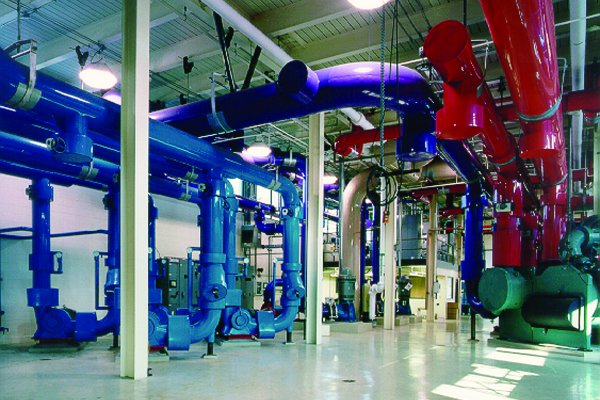Course Details
Your Growth, Our Mission

Course Description
The Training Course Will Highlight ?
This course will cover chiller control equipment and devices that control HVAC commercial equipment, pneumatics and Direct Digital Controls. You will find out the answers for:
- How the mechanical compression cycle operates
- What are the different types of mechanical compressors?
- What is vapor absorption refrigeration cycle, its components and applications?
- What do the terms efficiency and coefficient of performance mean
- What are the functions of the different components of a chiller system?
- How is heat rejection achieved through contact and non-contact type cooling towers?
- What are the different types of refrigerants and their effects on environment?
- What are the principle guidelines in sizing, costing and selecting an appropriate chiller?
- Why is water treatment important in closed and open systems?
- What are the basic methods and procedures for testing, adjusting and balancing (TAB) of chiller systems
Training Objective
This course will cover chiller control equipment and devices that control HVAC commercial equipment, pneumatics and Direct Digital Controls. You will find out the answers for:
- How the mechanical compression cycle operates
- What are the different types of mechanical compressors?
- What is vapor absorption refrigeration cycle, its components and applications?
- What do the terms efficiency and coefficient of performance mean
- What are the functions of the different components of a chiller system?
- How is heat rejection achieved through contact and non-contact type cooling towers?
- What are the different types of refrigerants and their effects on environment?
- What are the principle guidelines in sizing, costing and selecting an appropriate chiller?
- Why is water treatment important in closed and open systems?
- What are the basic methods and procedures for testing, adjusting and balancing (TAB) of chiller systems
Target Audience
Electrical Engineers, Mechanical Engineers, Design Engineers, Project Engineers, A/C Supervisor, HVAC Maintenance Technicians, HVAC Operators
Training Methods
Daily Agenda
Introduction
- HVAC systems basics
- Central air conditioning work
- Parameters controlled temperature
- Ventilation
- Humidity
- Pressure
- Control Strategies
Chillers Plant Design and Control
- Typical piping design concepts
- Single chiller loop
- Parallel chiller
- Water side free cooling
- Hybrid plants
- Variable flow design
Control Basics
- Elements of control system
- Theory of control
- Type of control system
Sensors
- Types of sensors
- Temperature sensor
- Pressure sensor
- Air flow sensor
- Relative humidity sensor
- Dew point measurement
Controller
- Direct and reverse action
- Controller types
- Reset controller
- Controller devices
- Coil characteristics
- Valve characteristics
- Damper characteristics
- Actuators characteristics
- Pumps and fan control
Control Responses
- Two position control
- Floating DDC control
- Proportional control
- Proportional plus integral control
- Proportional plus integral plus derivative control
- Stability of control system
DDC HVAC Systems
- DDC terminology and theory of operation
- Data types
- DDC hardware
- Control network
- Energy saving features
- Electric demand limitation
Accreditation
BTS attendance certificate will be issued to all attendees completing minimum of 80% of the total course duration.
Quick Enquiry
Request Info
Related Courses
Your Growth, Our Mission

